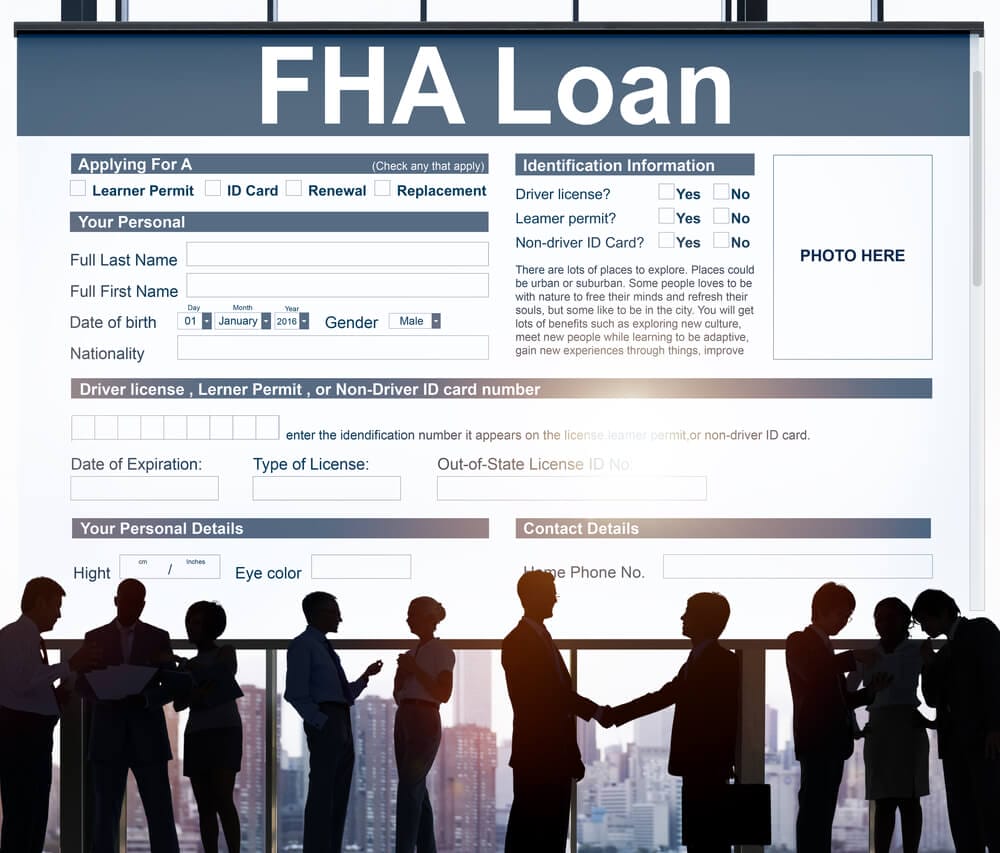Well, that didn’t take very long, did it? The new President Trump formally suspended the implementation of new government programs that have been proposed yet not implemented. The announced reduction was to have taken effect on January 26. But January 26 came and went and the existing FHA premium remains. The reasoning behind this call was to have time to evaluate the impact of any new government action on an agency’s bottom line. And the FHA mortgage insurance premium is one of those in the crosshairs. But is it cancelled, delayed or pending?
Let’s take a deeper look at what was held up and why.
There are two types of mortgage insurance premiums associated with FHA loans an upfront mortgage insurance at 1.75% of the amount borrowed which is rolled into the final loan amount and an annual premium that is paid monthly. Like private mortgage insurance, this is an actual insurance policy that compensates the lender should the FHA loan go into default. Yet unlike private mortgage insurance, the FHA annual premium was made permanent for all FHA loans made on or after June 3, 2013 whereas private mortgage insurance can be removed once the loan amount falls to a particular level. Private mortgage insurance is required when the loan amount is at or above 80% of the market value of the property. For FHA loans assigned prior to June 3, 2013, they too could have the annual premium removed but no longer.
Perhaps to compensate for this permanence, the previous administration announced in early January the annual premium would fall from 0.85 basis points of the outstanding loan balance to 0.60 basis points. This is a slight reduction by about 25% yet for the average borrower the reduction amounted to an annual savings of around $500.
For example, consider a $200,000 FHA loan balance. With the 0.85 premium, that equates to $1,700 per year, or about $144 per month. The suspended 0.60 premium would be $1,200 per year or $100 per month. And so far, the halted cut has been a bit controversial.

Shoring Up FHA
Leading up to 2008, FHA found itself in the middle of so-called “non-prime” lending. While not competing head-to-head with lenders who specialized in making loans to those with poor credit and very little down, FHA did approve loans that today it would not. FHA suffered millions in losses as homeowners defaulted on their FHA loans and the mortgage insurance premiums weren’t enough to cover the losses.
There is a congressionally mandated capital reserve requirement for the Federal Housing Administration. This statutory capital reserve amount is 2.0%, an amount in the Capital Reserve Account. And only until 2016 did the reserve account actually reach its mandated level. Up until this time, FHA loan quality increased dramatically as loan defaults fell due to the return of solid underwriting.
But the new administration wants to take a closer look at FHA before reducing the annual premium but not necessarily canceling it. The approach appears to be making sure the FHA will be on solid footing going forward and the reduction in the premium won’t reduce the reserve requirement below required levels. But there has been no mention of canceling the cut and in fact the U.S. Department of Housing and Urban Development, or HUD, which oversees the FHA programs, has stated the annual premium cut has been “suspended indefinitely.” So, for those who are considering taking out an FHA loan in order to buy a home, what is the impact?

FHA’s MIP Reduction : What Now?
Looking back again at the $200,000 loan amount and comparing the two annual premiums, the difference is in fact around $500 per year, or $41 per month. If you compare a 30 year fixed rate at 4.00% on a $200,000 loan amount along with a monthly tax impound payment of $165 per month, insurance at $83 per month, the difference between the two premiums is $1,344 vs. $1,385.
For borrowers who are really pushing their debt to income ratios, the higher annual premium could be an issue for some who have applied for a mortgage and pre approved for a loan between the time period between January 9th when the premium reduction was first announced and January 20 when the cut was suspended. It’s difficult to determine how many were in fact negatively affected yet for those who were pre approved prior to the announced reduction in the annual mortgage insurance premium there really is little difference. Further, the annual premium doesn’t apply to a refinance nor does it apply to those who are purchasing a second home or rental property, as FHA loans only apply to real estate occupied by the borrowers.
Will the annual premium suspension be lifted? No one knows yet the FHA annual premium certainly wasn’t the only proposal being suspended as the new administration is taking a look at all new and potential regulations. Our feeling is the cut will come once HUD has determined the reduction won’t bring the reserve requirements below the mandated threshold. No one knows when that might be but until then, we’re moving forward and approving FHA loans as if the proposed cut was never made. In other words, nothing really has changed.
If you do have questions about an FHA loan and want more information about FHA premiums and to see if any of this impacts you and your situation, please call us directly and let’s work the numbers together.


